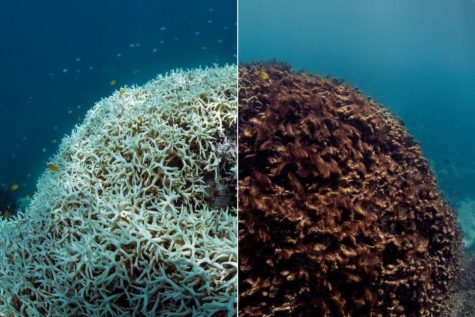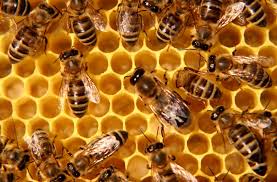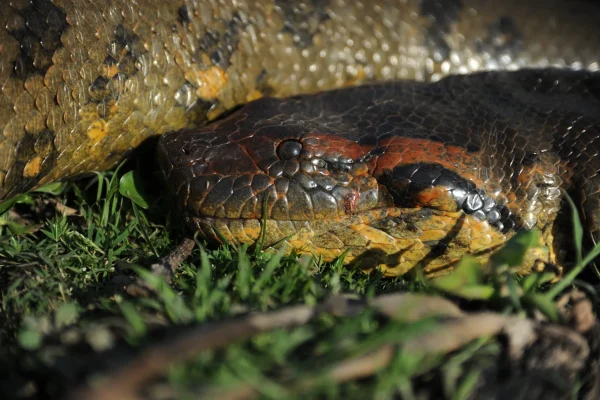Top 2016 Science Stories

December 16, 2016
The Zika Virus Epidemic

In mid-2015, a widespread epidemic of the Zika Virus, a virus transmitted by mosquitoes, spread rapidly around the Americas causing great fear and panic since the 2014 Ebola outbreak. Early 2016, The World Health Organization (WHO) declared the virus as a global public emergency due to evidence it causing birth defects and neurological complications. As of now, there are 185 local cases and 4,389 travel cases in the United States according to CDC and thousands more cases ongoing in other countries. However, WHO finally declared the end of the outbreak this August.
The First Penile Implant

In early May 2016, a 64 year-old man named Thomas Manning had his penis replaced due to cancer, thus receiving the first successful penile transplant in the U.S. Manning, went through a 15 hour operation at the Massachusetts General Hospital with a team of over 50 surgeons. Doctors have described the procedure, Genitourinary Vascularized Composite Allograft (GUVCA), as a “surgical milestone”. Mr. Manning was glad to feel himself again. “If it wasn’t for the surgery.” Mr. Manning said, “I would have been in the ground 2 weeks ago.” (Nytimes and CNN)
The Dying Great Barrier Reef

This year, scientists have discovered that the world’s largest reef, the Great Barrier Reef, is dying off at an alarming rate due to coral bleaching – the loss of endosymbionts (an organism that lives inside and feeds growing corals). Over the last year, about 12 percent of coral reefs in Australia have been bleached due to climate changes. Scientists believe that half of these reefs could disappear forever. Scientists have been more worried because the water have been more acidic. Reefs are also being affected by chemicals and toxins from around the world.
Honey Bees Going Extinct? (Controversy)
 In almost a decade now, bees have been dying at at rate of about 30% per year due to the heavy use of insecticides named neonicotinoids. This year, millions of Honey Bees have be massively killed by insecticides used for Zika-carrying mosquitoes. Scientists say that the bees are dying so fast, and they even added seven species to the U.S endangered list. However, if you look at our school trash cans at lunch… it is safe to say that it’s quite unlikely that all bees are actually going extinct.
In almost a decade now, bees have been dying at at rate of about 30% per year due to the heavy use of insecticides named neonicotinoids. This year, millions of Honey Bees have be massively killed by insecticides used for Zika-carrying mosquitoes. Scientists say that the bees are dying so fast, and they even added seven species to the U.S endangered list. However, if you look at our school trash cans at lunch… it is safe to say that it’s quite unlikely that all bees are actually going extinct.











